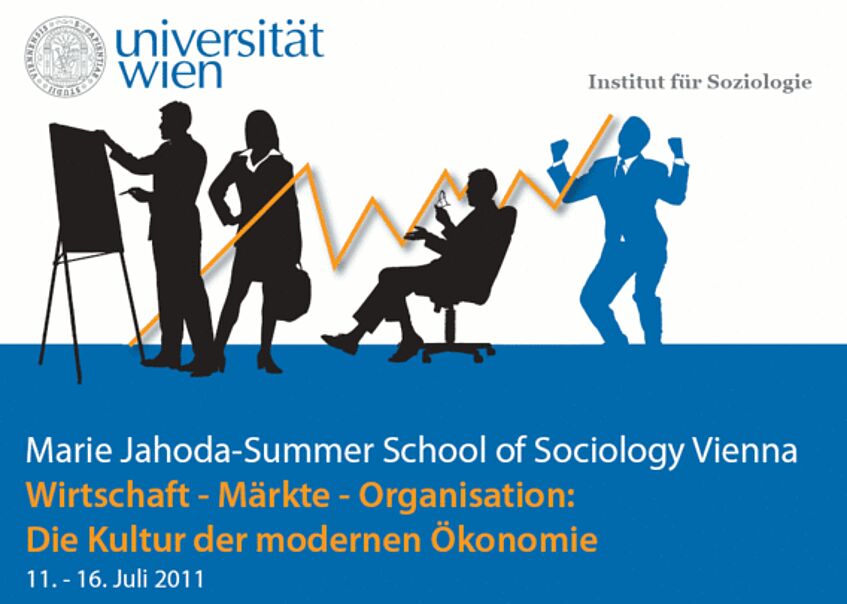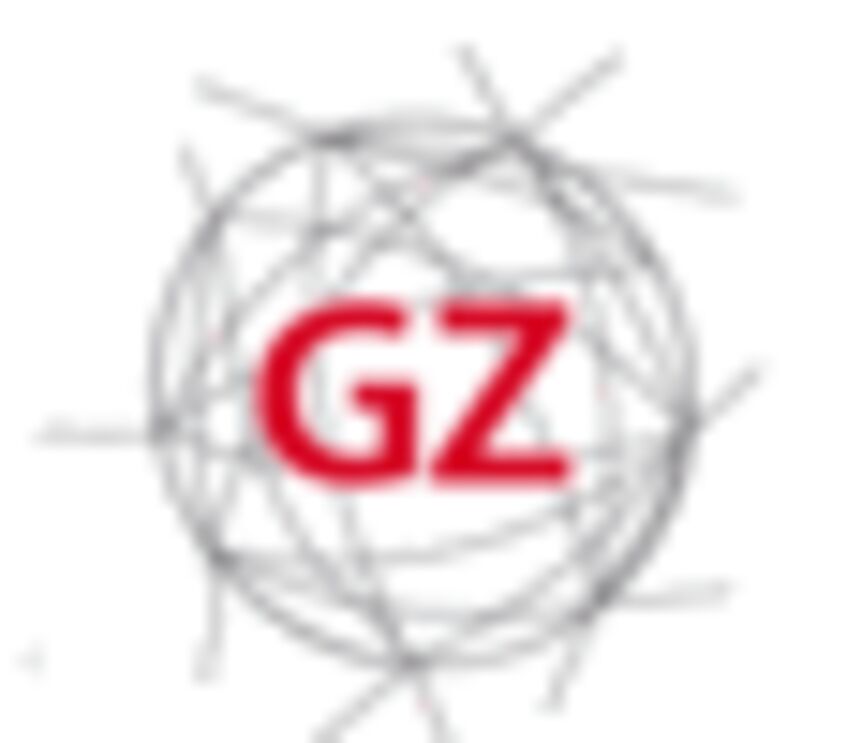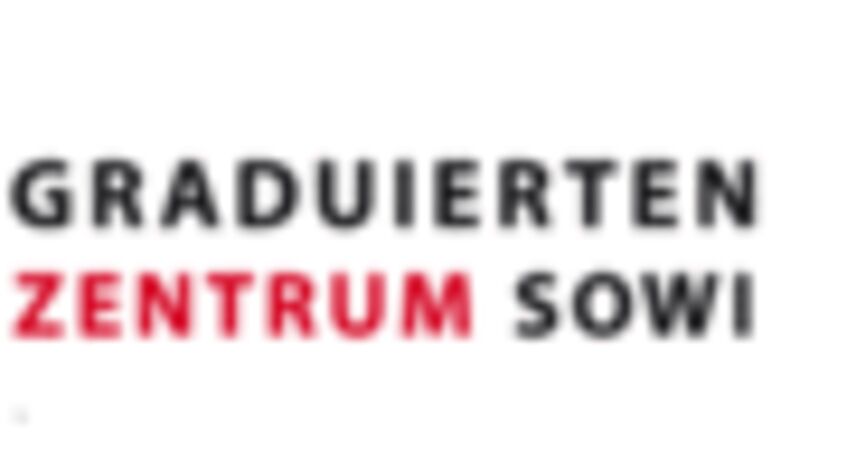Economy–Markets–Organizations: The Culture of modern Economy

Economy–Markets–Organizations: The Culture of modern Economy
Marie Jahoda-Summer School of Sociology Vienna
July 11th to 16th 2011
Modern economies are structured by two core principles: markets, which devise the distribution of goods through prices and competition, and organizations, which try to achieve their goals of value creation or resource allocation by the means of functional differentiation, formal rules and hierarchic principles.
Markets and organizations always constituted an interdependent relationship. While markets were the driving force behind a permanent movement towards the “iron cage” of instrumental rationality in the eyes of Max Weber, today, organizations tend to incorporate market-based mechanisms of decision-making themselves. Whereas once “rationalization” was understood to reinforce the functional hierarchies embodied by organizations, today it is almost synonymous with increasing competition and market values. Finally, the “new spirit of capitalism” seems to create value not only through formal organizational rationality or market competition, but through project-based cooperation, networks and flexible self-management.
Like all economic processes, markets and organizations are embedded in social structures. Cultural values and political decisions strongly influence economic action, and economic processes follow social norms. The culture of markets transcends the homo oeconomicus. As the new economic sociology has shown, economic action, whether it takes place on markets, in organizations, in networks or as self-management, has to be understood as multi-dimensional and is not bound to an economic rationality existing outside social relations. In this perspective, current processes like the “economization” of social fields become themselves visible as cultural patterns of social organization.
The Marie Jahoda Summer School of Sociology will be set against this thematic background. We will examine competition, firms, management practices and organizations in the economic field, extending it to the arts, religion, sports, fashion, pop culture or the media – social fields, which themselves are examples of today’s “culture of markets”.
Committed PhD-candidates working on projects concerned with issues from the mentioned thematic fields will have the opportunity to discuss their ideas, concepts and conclusions with established scholars and leading sociologists. We will allow for empirical issues as well as different theoretical approaches and methodological problems. The participants will present their work in thematic blocs, each opened with a lecture on the subject by a leading scholar. The summer school will include a workshop on qualitative research of organizations. A cultural program will present artistic examinations of economic markets and organizations. The lecture will be in German, the languages of instruction will be German and English. Sufficient passive language skills to follow an academic lecture in German are required. The Participants will be awarded a certificate documenting the workload of 7 ECTS.
Participation will be limited to 18 applicants, selected through a process based upon a letter of motivation, an exposé of the dissertation project (max. 5 pages) and a CV. The documents may be submitted in German or English, until 31st of May 2011. The selected applicants will be informed within one week. The Marie Jahoda Summer School of Sociology will not charge any tuition fees, however, the participants will have to organize travel and accommodation themselves. We will support applications for travel grants to subsidy institutions and assist in finding inexpensive accommodation.
Direction of the Marie Jahoda Summer School of Sociology: Univ.-Prof. Dr. Sighard Neckel


